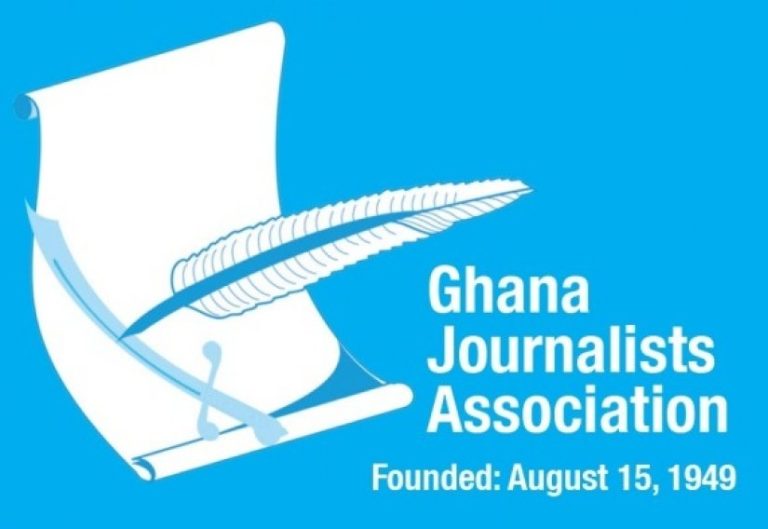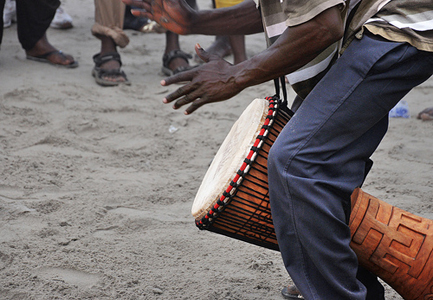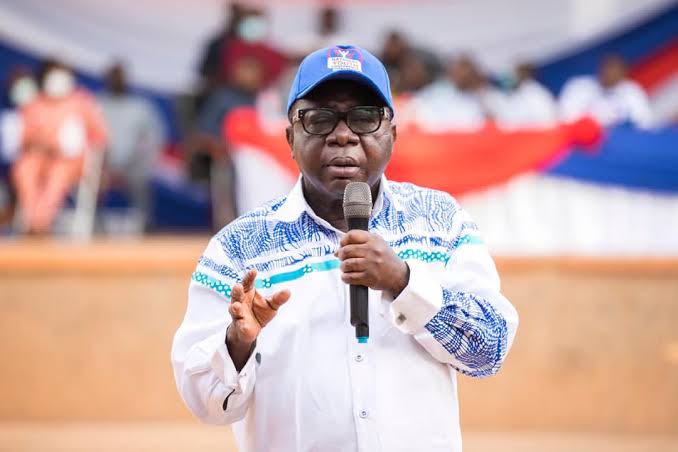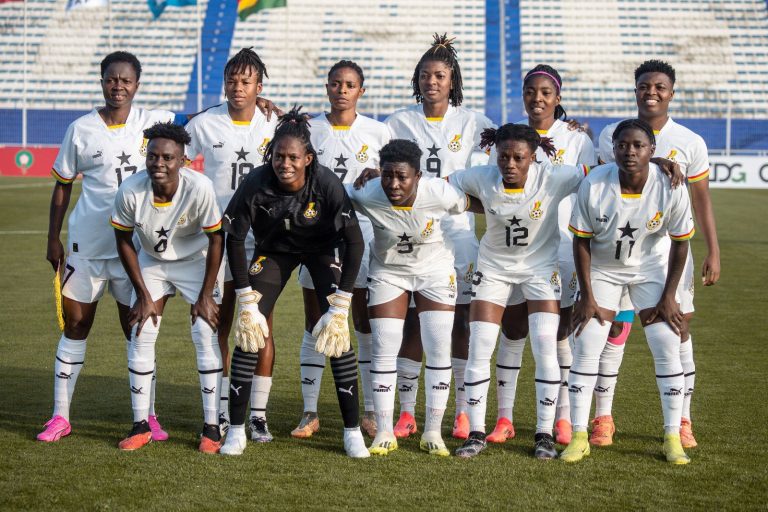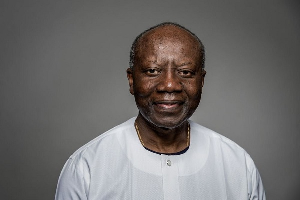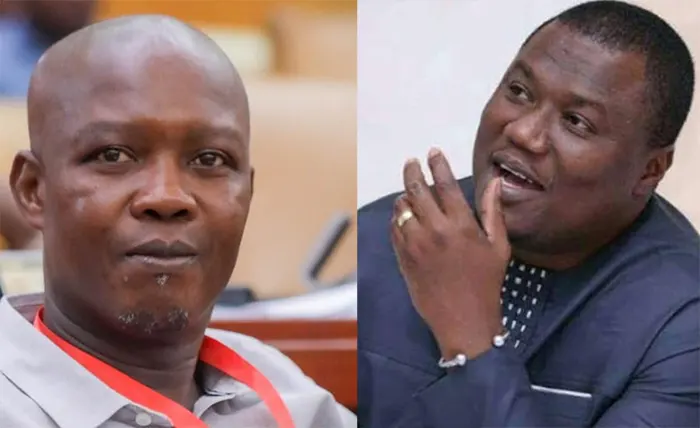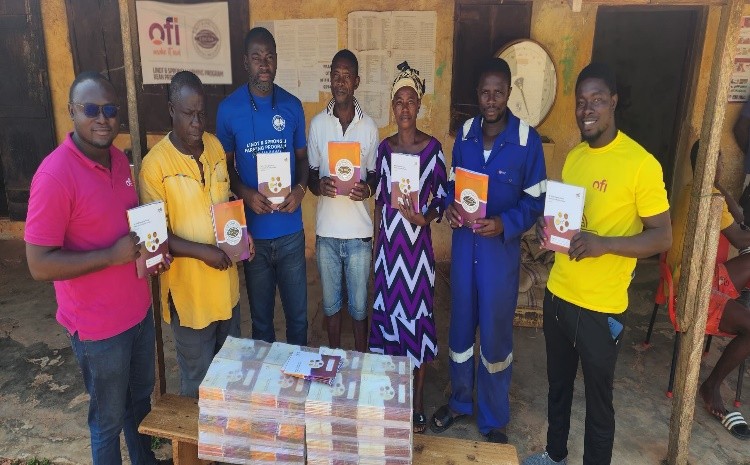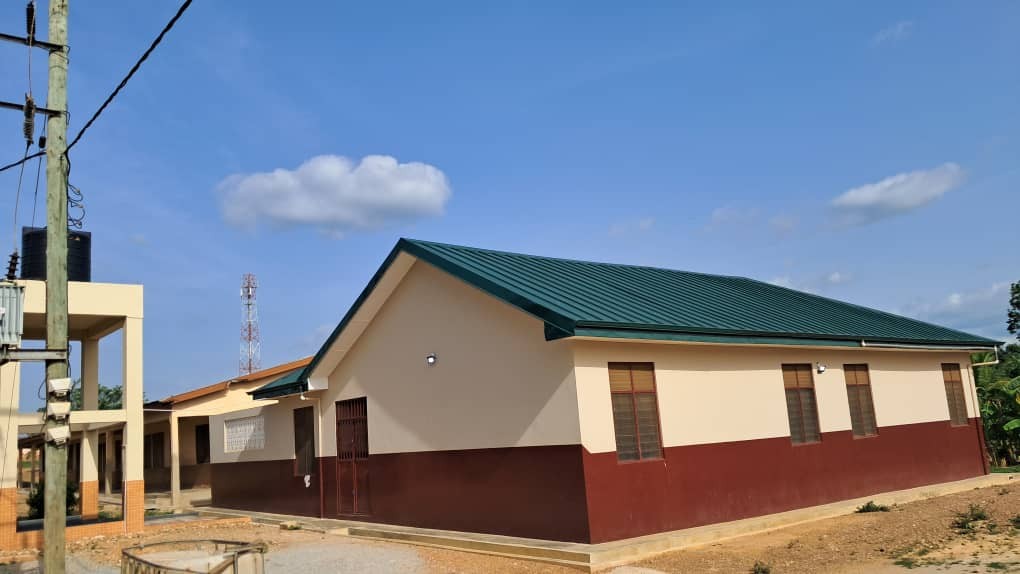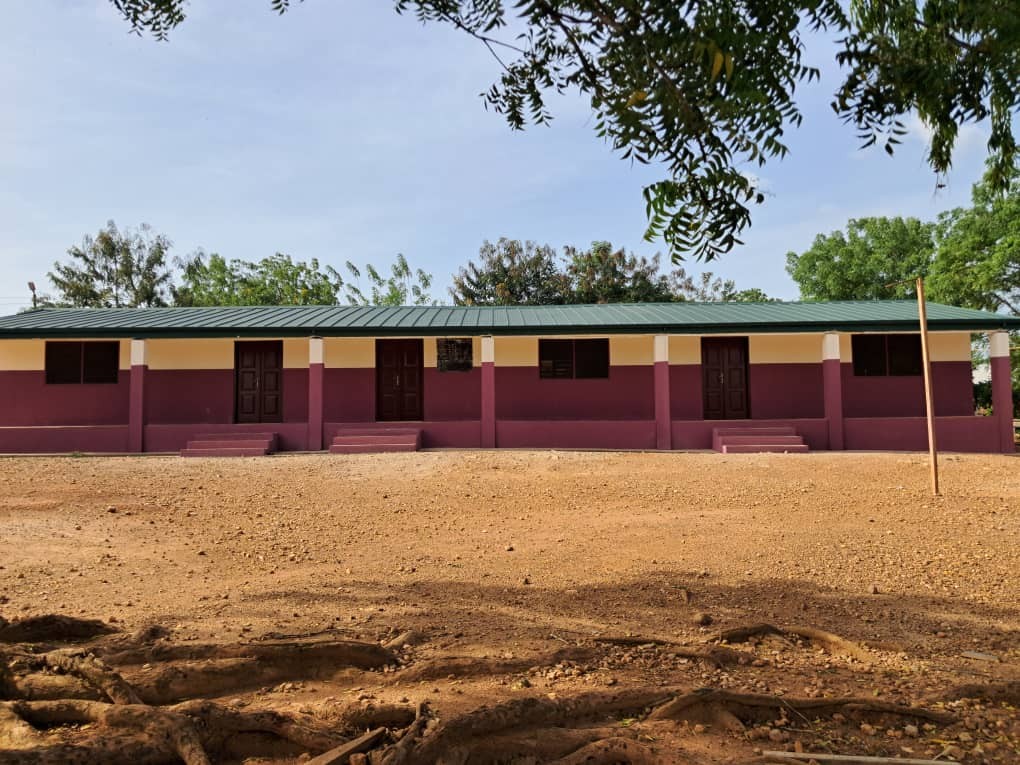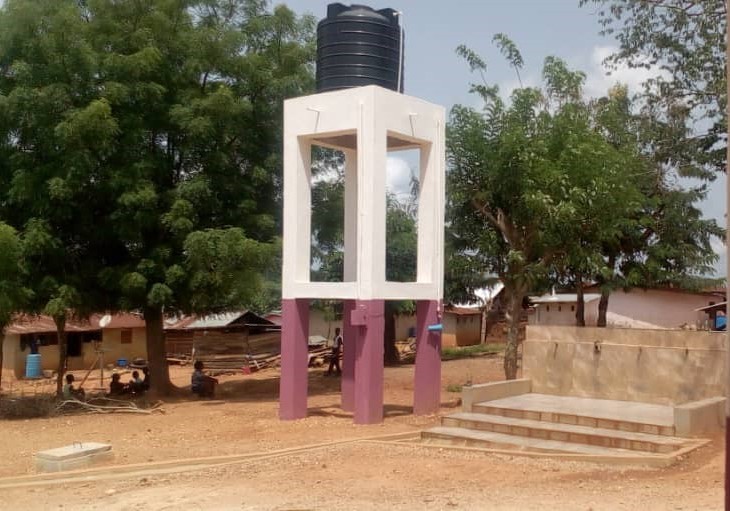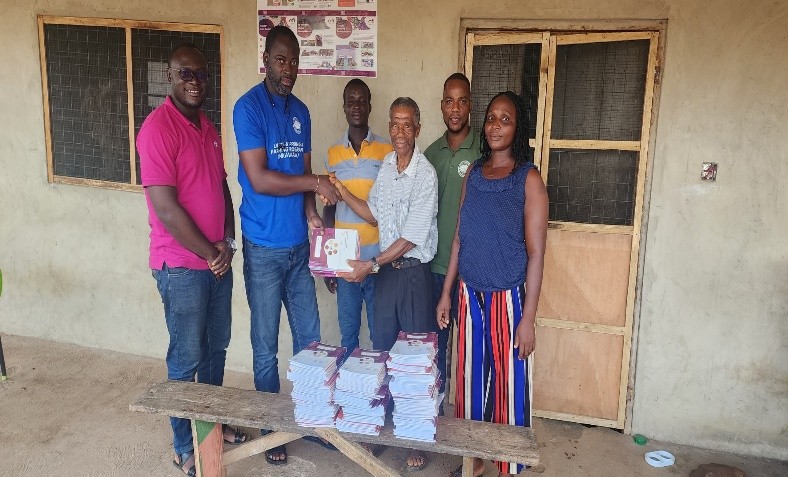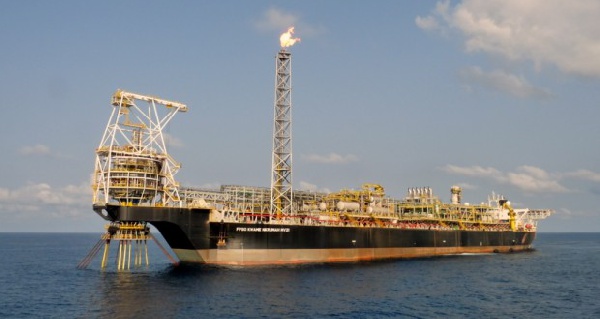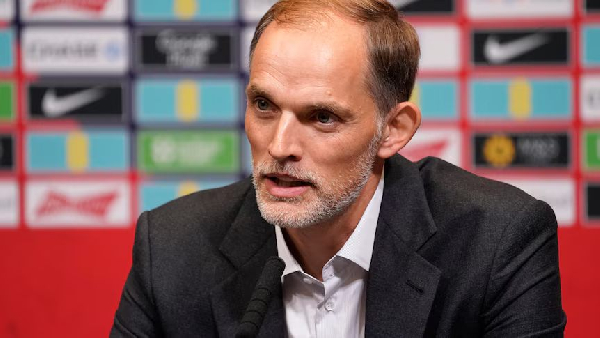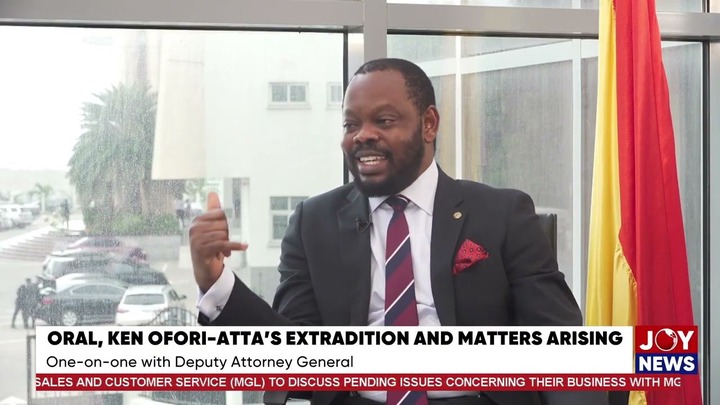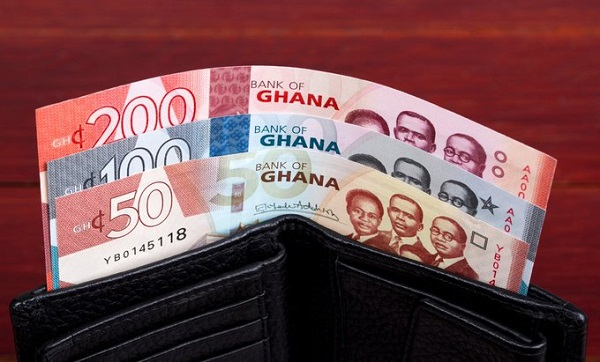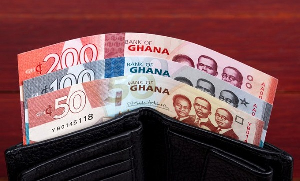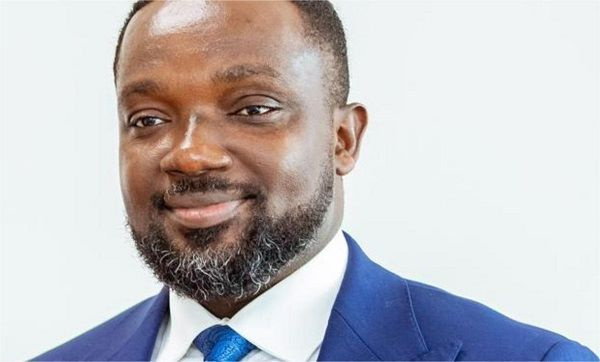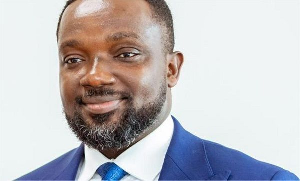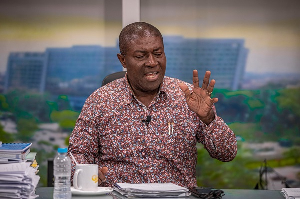Despite accruing commendable oil revenues since 2011, the country’s oil wealth has not significantly improved the socio-economic conditions of its citizens, a new study by the University of Ghana (UG) has revealed.
The study covered from 2011 to 2023 and was conducted between 2022 and 2023 by the University of Ghana Business School with support from the Ford Foundation. It found that “after receiving over US$10billion in oil revenue, oil wealth has not significantly altered socio-economic conditions for most Ghanaians”.
More recent figures from the Public Interest and Accountability Committee (PIAC) place total oil revenue at US$11.21billion as of 2024 – highlighting continued inflows into the sector.
Of this amount, approximately GH¢27.51 billion has been allocated to fund national projects through the Annual Budget Funding Amount (ABFA). Between 2011 and 2016, the administrations of late President John Evans Atta Mills and former President John Dramani Mahama disbursed GH¢3.31billion. From 2017 to 2024, President Nana Addo Dankwa Akufo-Addo’s administration allocated GH¢24.2billion.
However, critics and researchers argue that the fragmented nature of project selection and lack of strategic direction have severely undermined the impact of these funds.
“Some road projects received less than GH¢3,000 – barely enough to buy a few bags of cement. So when oil money is used to patch potholes, people don’t see the impact or benefit,” said Dr Abdul-Gafaru Abdulai, lead researcher and Associate Professor at UG.
He further stated that despite policy promises and heightened public expectations, the proceeds from oil production have been spread too thinly to effect meaningful change – especially in historically marginalised regions.
“We have not been very purposeful in how we are spending oil revenues. There is no clear formula for equitable distribution – just discretionary spending driven by politics and bureaucracy,” he added.
Disparities in regional allocation
The research also revealed stark regional disparities in the distribution and impact of oil-funded development projects.
Unveilled at a dissemination workshop in Accra, the report paints a sobering picture of how oil revenues have been spent over the last decade. It found that Greater Accra Region alone accounted for nearly 50 percent of all oil-funded health and road expenditures between 2015 and 2023, despite comprising only 17 percent of Ghana’s population.
In contrast, the Upper East, Upper West and Northern Regions collectively received less than 10 percent of health-related ABFA spending. Even in non-pandemic years like 2015 and 2018 Accra dominated, accounting for over 70 percent of national health expenditure.
The Volta Region was identified as the most underfunded relative to its population, receiving just 1.9 percent of health spending despite making up 8.2 percent of the country’s population.
Education
The education sector emerged as an exception, with the study noting that regions such as Upper West and Upper East received significantly higher per capita education spending than Accra.
This was largely attributed to targetted infrastructure investments in deprived areas and the nationwide Free SHS policy, which has helped reduce educational access disparities.
Agricultural
Although agriculture in northern Ghana received allocations under the ‘One Village, One Dam’ initiative, the study found that most projects resulted in shallow dugouts rather than functional dams.
Some of the poorly constructed facilities led to accidents and, in extreme cases, fatalities.
“It does not serve its purpose. During the dry season, these dugouts dry up. Farmers and animals use the same water source,” a community member told researchers.
Policy response and reforms
In an effort to rectify these shortcomings, government earlier this year amended key provisions of the Petroleum Revenue Management Act (PRMA), 2011 (Act 815).
The revised law mandates that all ABFA funds be invested in infrastructure under the government’s ‘Big Push’ agenda – intended to deliver high-impact, transformative projects.
However, researchers cautioned that focusing on infrastructure alone should not come at the expense of transparency and oversight, particularly the role of watchdog institutions such as PIAC.
Neither a blessing nor a curse
A significant component of the study involved a survey of 1,457 respondents across five regions. When asked about the impact of oil wealth, 53 percent of Ghanaians said oil had been “neither a blessing nor a curse,” – signalling widespread public disillusionment. Only 21.6 percent viewed oil wealth as a blessing while 10 percent considered it a curse.
Furthermore, 58.8 percent of respondents believed that oil revenue has not helped reduce regional inequalities, while 46 percent said it had failed to alleviate poverty.
“These findings underscore a growing perception among Ghanaians that despite the country’s resource endowment, many citizens remain excluded from its benefits,” the report noted.
The way forward
The study recommends developing a dedicated ABFA investment plan aligned with national development priorities; introduction of a formula-based allocation model to ensure regional equity; and earmarking funds for social protection programmes – an idea backed by over 81 percent of survey participants.
“This is a non-renewable resource. The time to get it right is now,” Dr Abdulai warned.
Participants at the workshop, which included stakeholders from the oil and development sectors, echoed the need for clear operational guidelines under the Big Push agenda, robust monitoring mechanisms and policies that safeguard intergenerational equity.
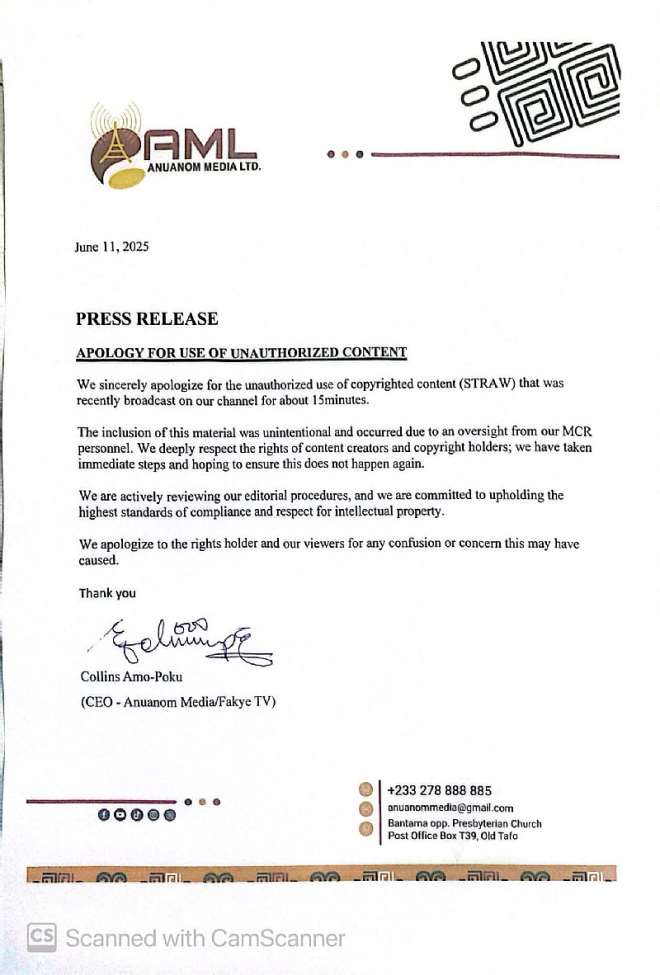
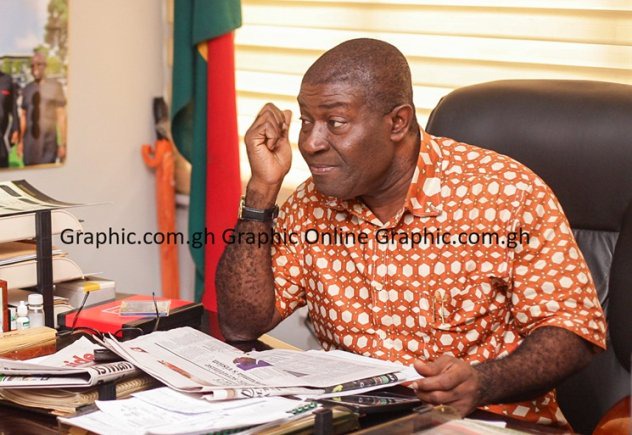

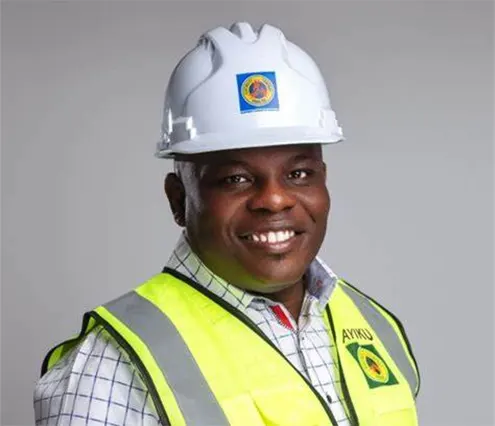
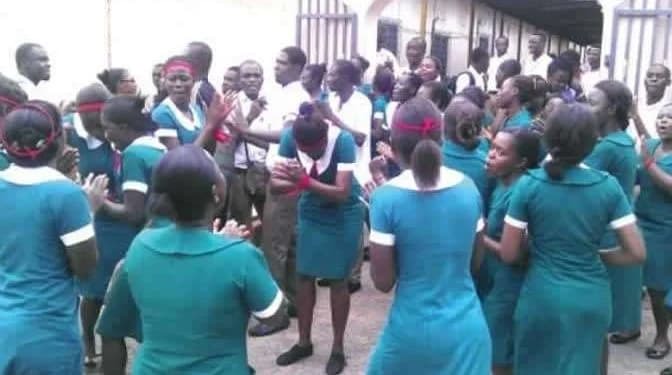

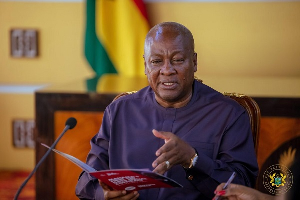
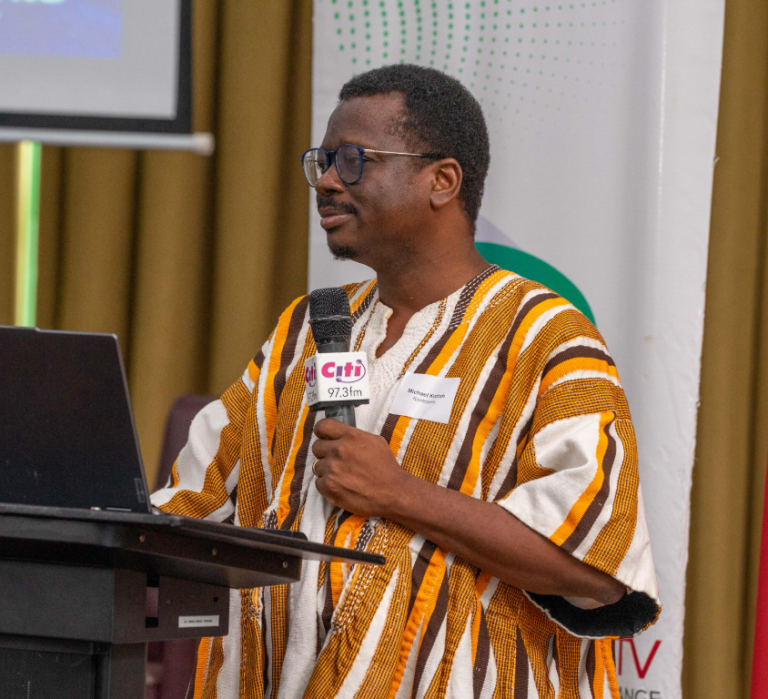

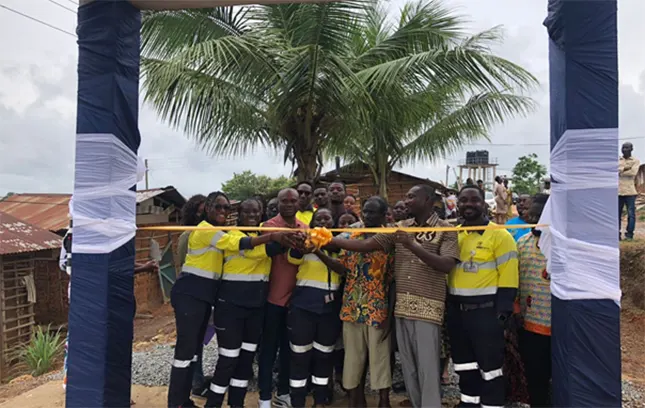





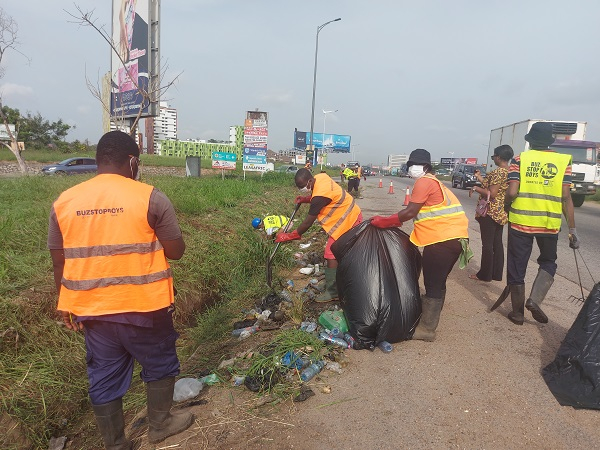
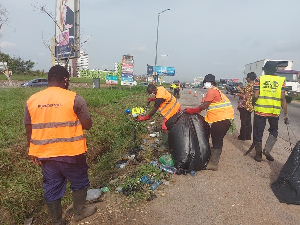

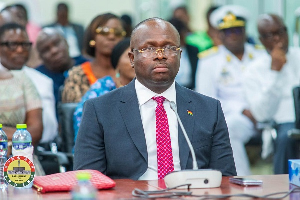
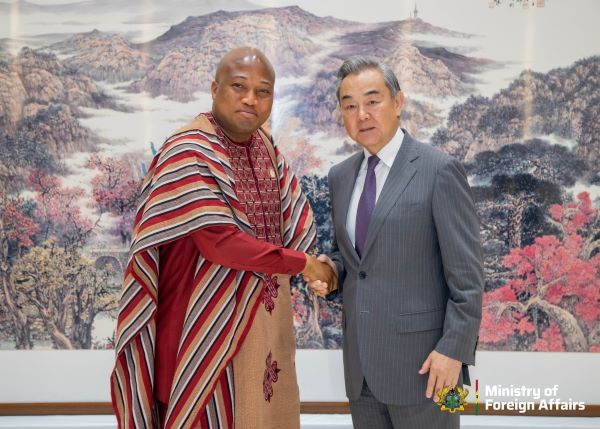
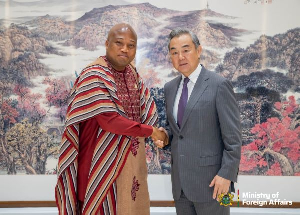

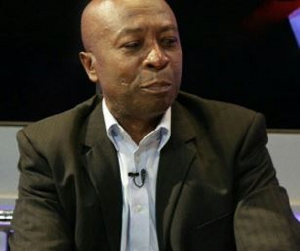
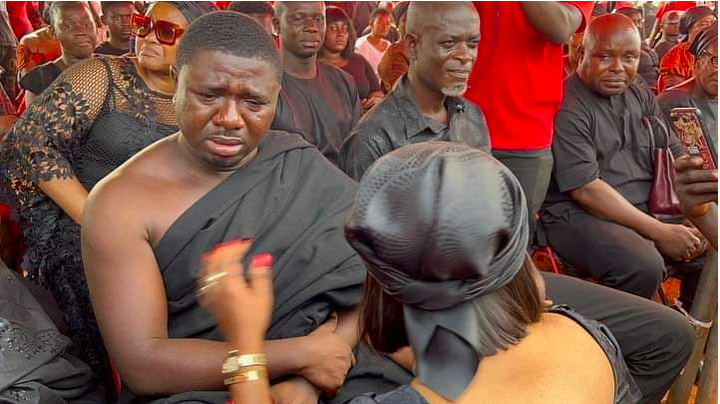



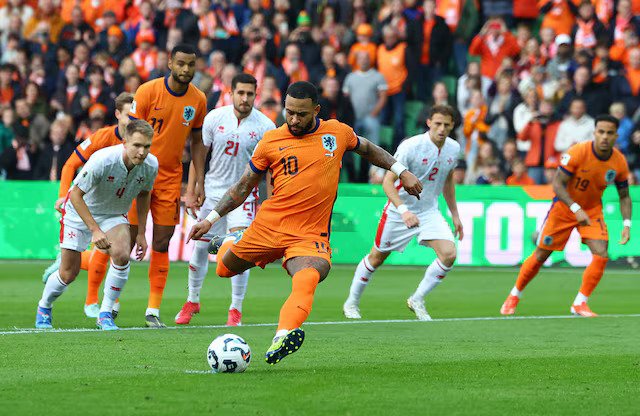


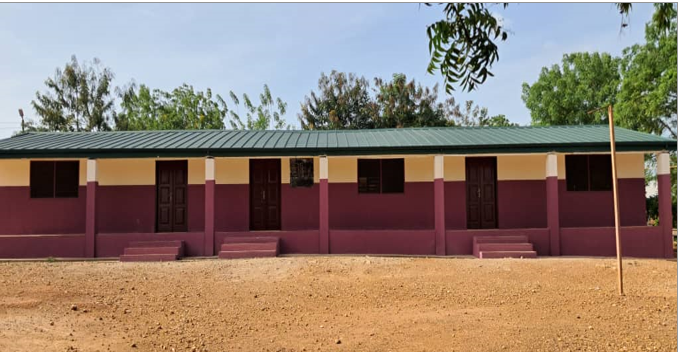











![Most NDC appointees no longer answering their calls – Adu Asare [Video] Most NDC appointees no longer answering their calls – Adu Asare [Video]](https://www.ghanamma.com/wp-content/uploads/2025/06/58b374ef73d4ddbdb2e2d07887d4b7c5.jpeg)
